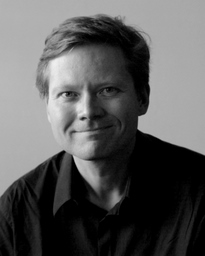
|
Peter A. Dinda
Professor, Computer Science and Engineering McCormick School of Engineering and Applied Science Northwestern University Seeley Mudd 3507 2233 Tech Drive Evanston, IL 60208 (847) 467-7859 (voice) pdinda at northwestern dot edu |

|
Peter A. Dinda
Professor, Computer Science and Engineering McCormick School of Engineering and Applied Science Northwestern University Seeley Mudd 3507 2233 Tech Drive Evanston, IL 60208 (847) 467-7859 (voice) pdinda at northwestern dot edu |
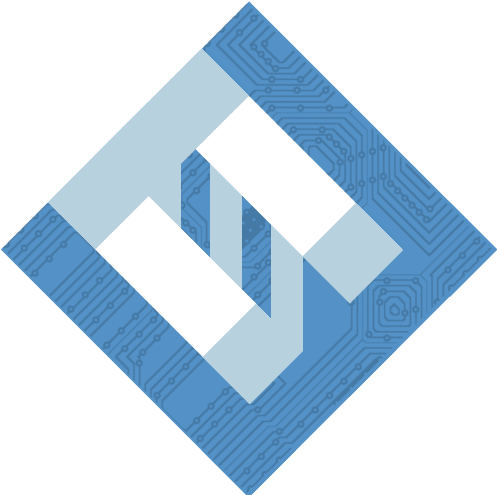 | Interested in full-stack approaches to high performance parallelism? Check out the Interweaving Project |
| Do you want to study the floating point behavior of a binary? Download our FPSpy Tool. | |
| Do you program or manage programming in any capacity? Please take our floating point survey. | |
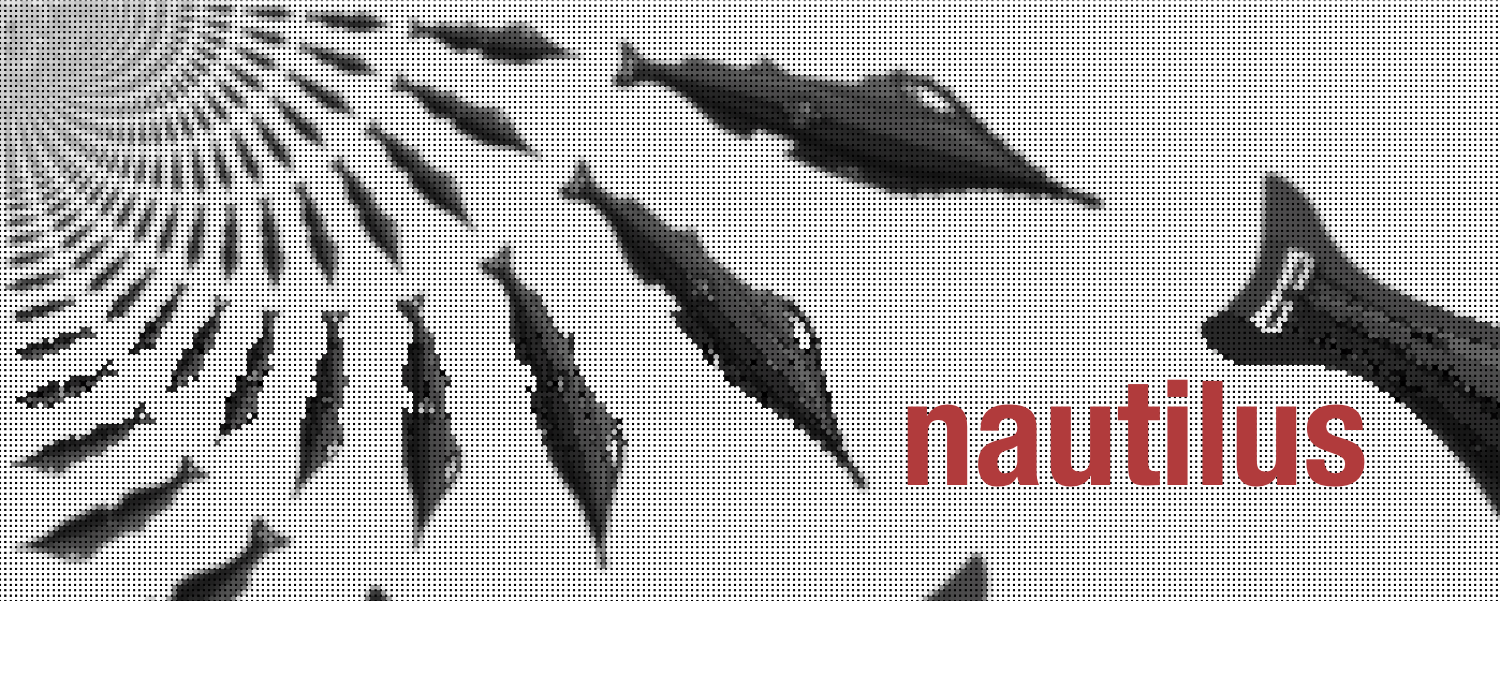 | Download our Nautilus Aerokernel. We use it to build hybrid parallel runtime systems that run as OS kernels. |
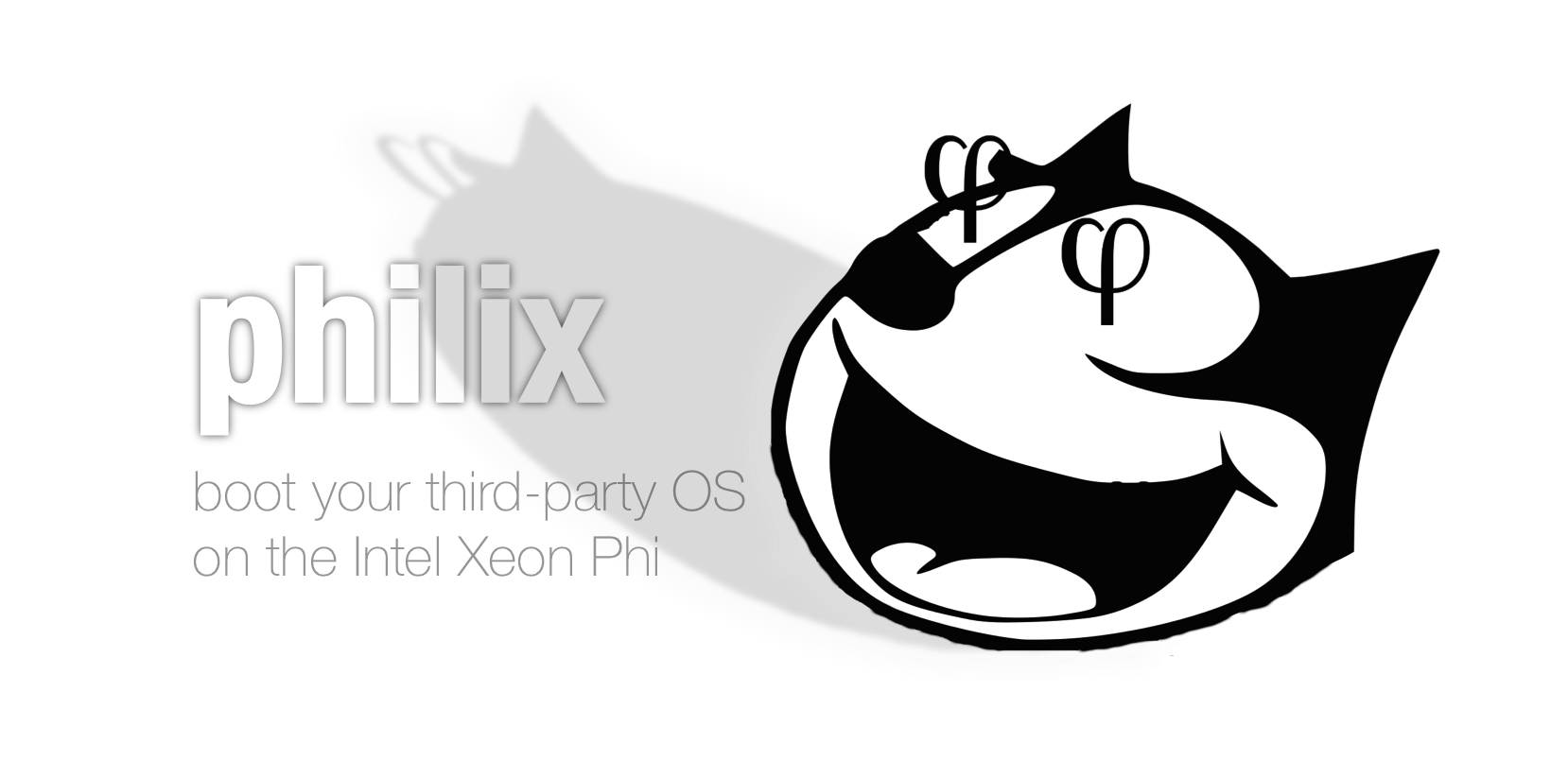 | Download our Philix toolchain. We use it to build operating systems for the Intel Xeon Phi. |
 | Download our Palacios Virtual Machine Monitor. We use it to virtualize the fastest computers in the world |
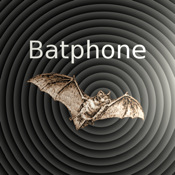 | Got an iPhone? Try our Batphone acoustic indoor localization app, part of the Empathic Systems Project |
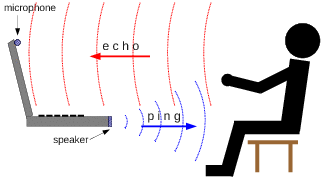 | Try out our sonar-based laptop display power manager, part of the Empathic Systems Project |